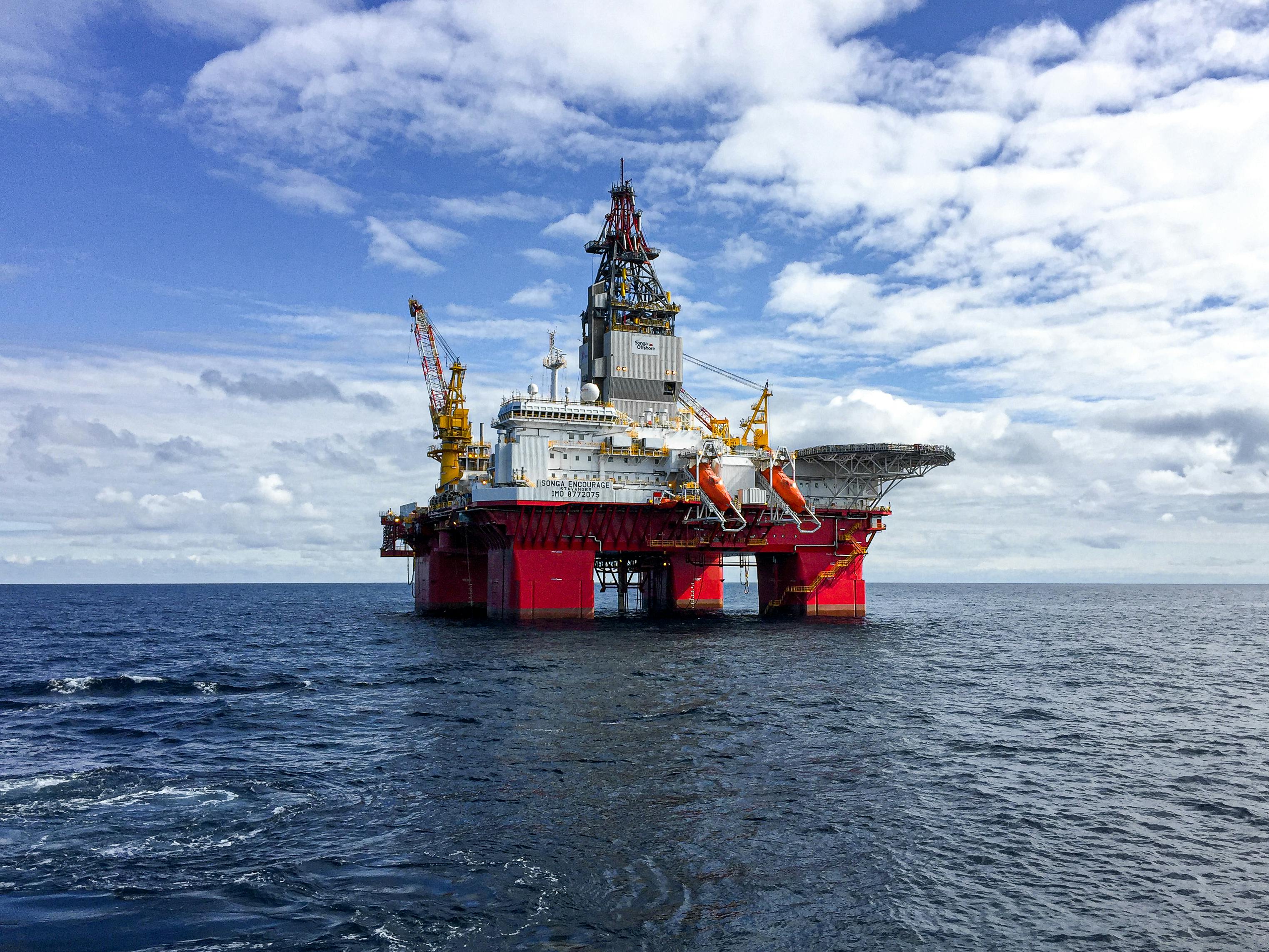Offshore oil rigs carry incredible risks. Explosions, equipment failures, and falls make it one of the most dangerous jobs.
For workers, accidents are life-changing. Families often face emotional and financial challenges that can last for years.
Do you know what to do after an offshore rig accident? It’s essential to understand your rights under the Jones Act and take immediate steps to protect yourself.
Stick around, and we’ll explore these risks, their human toll, and practical actions for navigating this challenging time.

Image Source: Pexels
Understanding Common Offshore Rig Hazards
There are over 1,700 active oil rigs globally, and each presents unique dangers. Workers face constant risks from explosions caused by flammable materials, heavy machinery failures, and high-pressure equipment malfunctions.
Falls are another leading hazard, as rigs involve working at extreme heights or near slippery surfaces over open water. Harsh weather increases these risks further, making safety protocols critical.
Poor maintenance or inadequate training often contributes to accidents. It’s not just about individual error, as systemic issues can play a role too.
Knowing these hazards helps workers stay vigilant and informed about potential dangers in their work environment. Prevention starts with awareness and preparation.
The Human Impact of Offshore Accidents on Families
Offshore rig accidents ripple through entire families. Serious injuries or fatalities can create emotional trauma and financial strain for loved ones left to manage the aftermath.
Lost income, medical bills, and ongoing care costs often add pressure during an already devastating time. Families may also face uncertainty about future stability as workers recover or cope with permanent disabilities.
Children, spouses, and extended relatives all feel these effects deeply. Support networks are crucial for navigating this upheaval together.
Understanding the broader human toll highlights why worker safety must always remain a top priority in offshore operations.
Legal Rights and Protections Under the Jones Act
The Jones Act offers vital protections for offshore workers wondering what to do after an offshore rig accident occurs. This federal law allows injured maritime employees to seek compensation if employer negligence contributed to their accident.
It covers medical expenses, lost wages, and even damages for pain and suffering. The act ensures accountability, requiring companies to maintain safe work environments on vessels and rigs.
Workers must prove negligence or unsafe conditions led to their injuries. Unlike standard workers’ compensation claims, the Jones Act enables broader legal recourse.
Knowing your rights under this law is essential after an accident. It can make all the difference in securing rightful support.
Immediate Steps to Take After an Accident
Quick action after an offshore rig accident is crucial. Protecting your health and legal rights starts with a few straightforward steps.
You must:
- Report the incident to your supervisor as soon as possible, even if injuries seem minor
- Seek immediate medical attention from qualified professionals, documenting all treatments
- Record details of the accident, including equipment involved and unsafe conditions observed
- Collect witness contact information for future statements or testimony if needed
- Avoid signing company documents or agreeing to settlements before consulting an attorney
It’s also essential to consult with a maritime lawyer experienced in Jones Act cases. They can guide you through filing claims, ensuring no critical deadlines are missed. Acting swiftly not only safeguards your well-being but also strengthens your ability to seek compensation for damages caused by employer negligence.
Long-Term Challenges Faced by Injured Workers
Injuries from offshore accidents often leave workers with lasting difficulties. The impact is physical, emotional, and financial too.
Many faces:
- Chronic pain or limited mobility, making it hard to return to previous jobs
- Mental health struggles like anxiety, PTSD, or depression after traumatic incidents
- Financial hardship due to mounting medical bills and reduced earning capacity, the costs of which are seen as a broader economic issue as well as an individual one
- Pressure on family dynamics as loved ones adjust to caregiving roles
Navigating these challenges requires long-term planning. Rehabilitation can be lengthy, with uncertain outcomes for recovery, even when professional trainers are involved. Employers’ insurance companies may try to minimize payouts, delaying access to funds workers desperately need.
Workers should explore options like vocational training programs if returning to their previous job is no longer possible. Additionally, staying connected with peer support groups helps manage emotional struggles.
Final Thoughts
Offshore rig work is challenging and risky, but understanding hazards, legal protections, and next steps after an accident can make a significant difference.
Staying informed empowers workers and families to navigate difficult times while securing the support they need.
The bottom line is that safety, preparation, and action are key to protecting lives and livelihoods in this demanding field.







